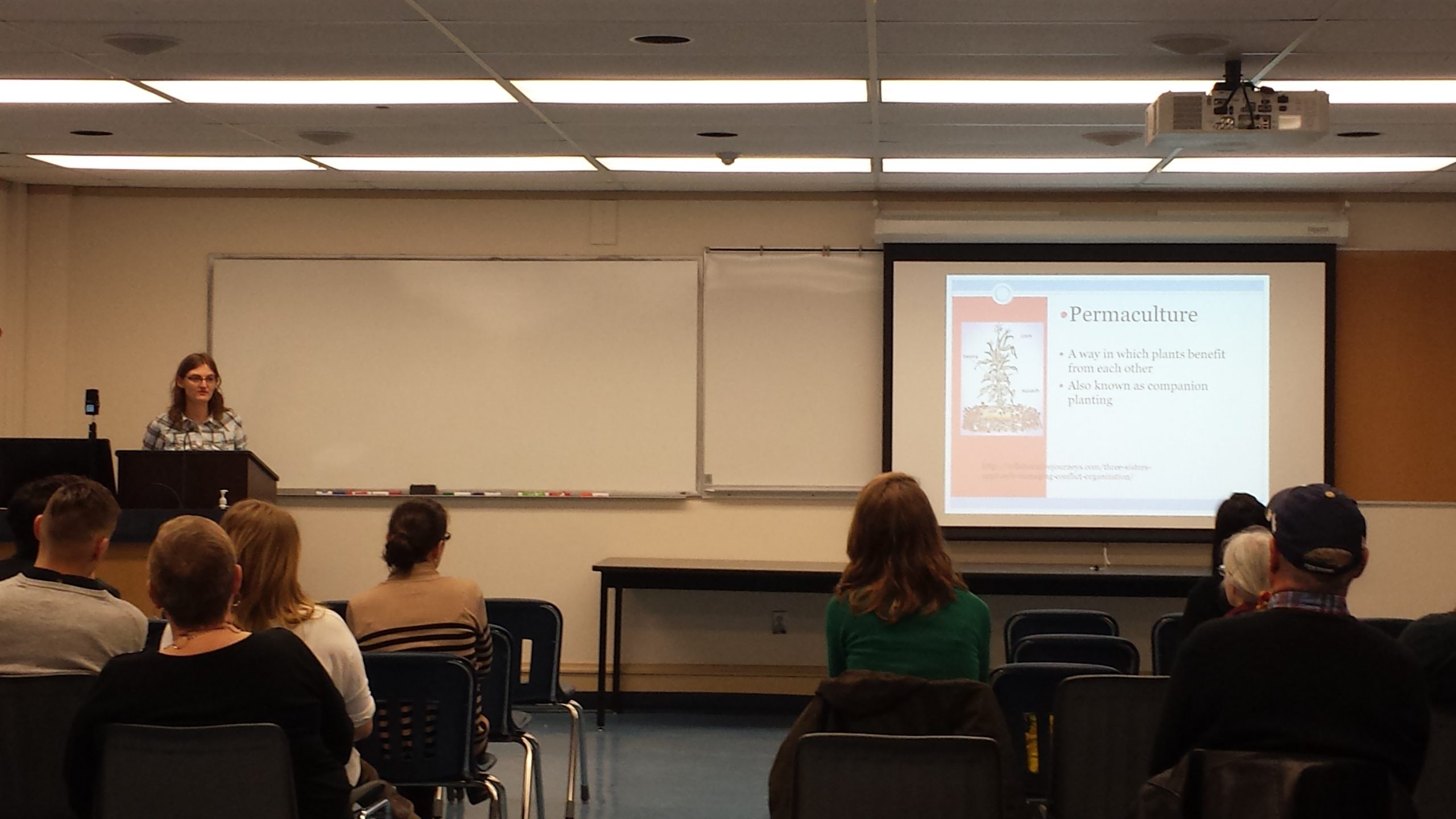Presentation:
Canadian Food History Symposium, 2015

The Canadian Food History Symposium, a catered affair (generously sponsored by the Provost and Vice President Academic & the Dean of Arts), brought together guests and students to hear five student presentations from Dr. Janis Thiessen’s Canadian Food History class, a 3rd year History class offered by the Department of History at the University of Winnipeg. The five presentations, all exploring unique facets of food and culture, each aimed to situate their individual areas of interest within a broader social and historical context by using oral history as a research method. As Dr. Thiessen explained in introducing the presenters, each of the five projects is the result of substantial research efforts by the students. Each student conducted at least one oral history interview in their research, an endeavor that includes writing research proposals for ethics review, completing the Tri-Council Policy Statement Core Ethics Training, preparing research questions, consent forms, and conducting background research before the interviews, conducting the interviews, transcribing the interviews, and then doing the work of interpreting and integrating the interviews into their research.
Each student presented a consise overview of their chosen topic during their presentation. But, as each had been sufficiently compacted to fit the time constraints of a morning-long symposium, the extent of the research each student did for their project was more evident in the question period that came afterward. Those in attendance asked questions and offered insights that both furthered and challenged the socially-, politically-, and culturally-rooted arguments posed by each of the presenters. The question period allowed students the opportunity to fill in any gaps, and also encouraged dialogue about policies and practices that impact access to food, and its production.
The morning was, all things considered, a great space for thinking about Canadian Food History and about the usefulness of oral history research in connecting individual experiences to broader social movements and trends. The excellent work of Dr. Thiessen’s Food History class is currently in the process of being transferred to the Oral History Centre archive.
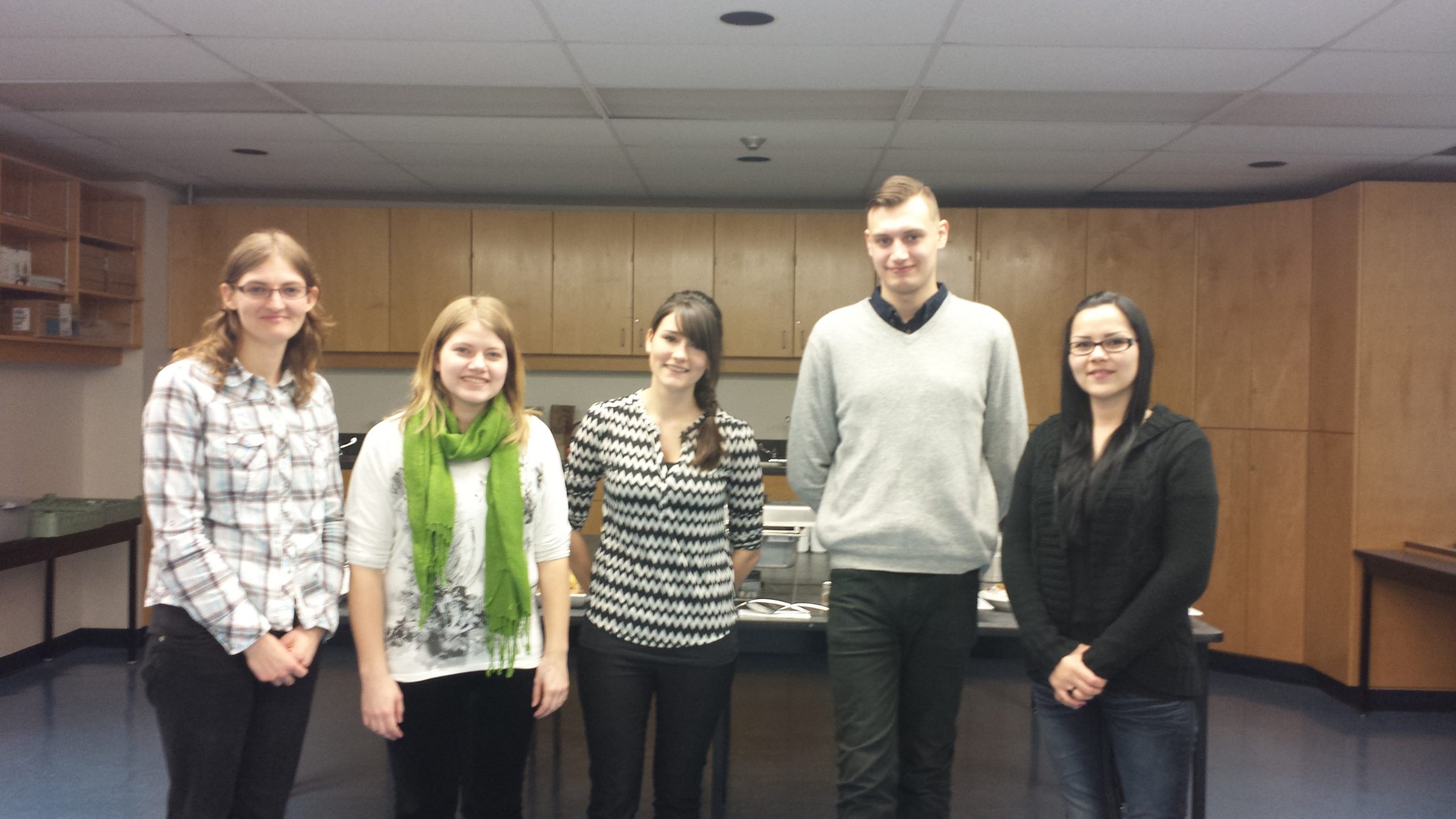
Presenters at the Canadian Food History Symposium 2015: Aisha Entz, Emily Nikkel, Madison Connolly Daniel Pastuck and Andrea Guimond.
About this Recording:
Andrea Guimond’s presentation focused on the relationship of economic status to diet. In her research Andrea interviewed an expert in the field, Shauna MacKinnon, Assistant Professor in the University of Winnipeg’s Department of Urban and Inner City Studies, using the interview to explore the socio-historical context of this relationship in Canada, illustrating a more complex relationship between income, food choices and government policy.
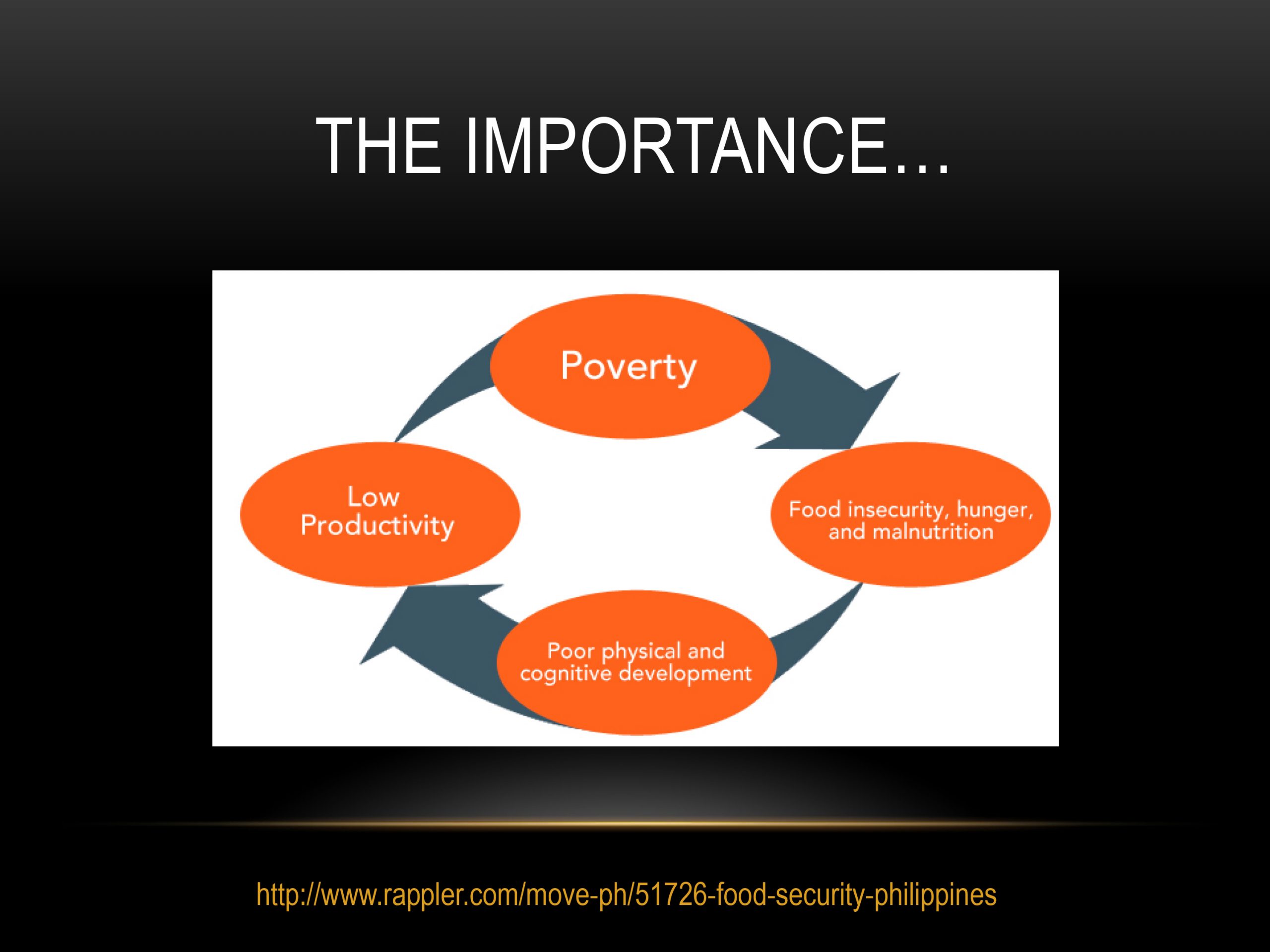
Poverty and Diet
About this Recording:
Daniel Pastuck’s presentation was focused on the use of soy in modern culinary practices. In researching the topic, Daniel interviewed a local chef from Yujiro Japanese Restaurant who is currently engaged in culinary experimentation using soy. Through interviewing and research, Daniel traced the used of soy and the production of soy products for food (such as miso) from ancient Asian roots in China, through the diverse uses of soy that emerged during industrialization in North America, to the present movement of returning to ancient practices in order to re-imagine soy and integrate innovations into contemporary cuisine, stopping along the way to explore the issue of food-specific cultural appropriation.
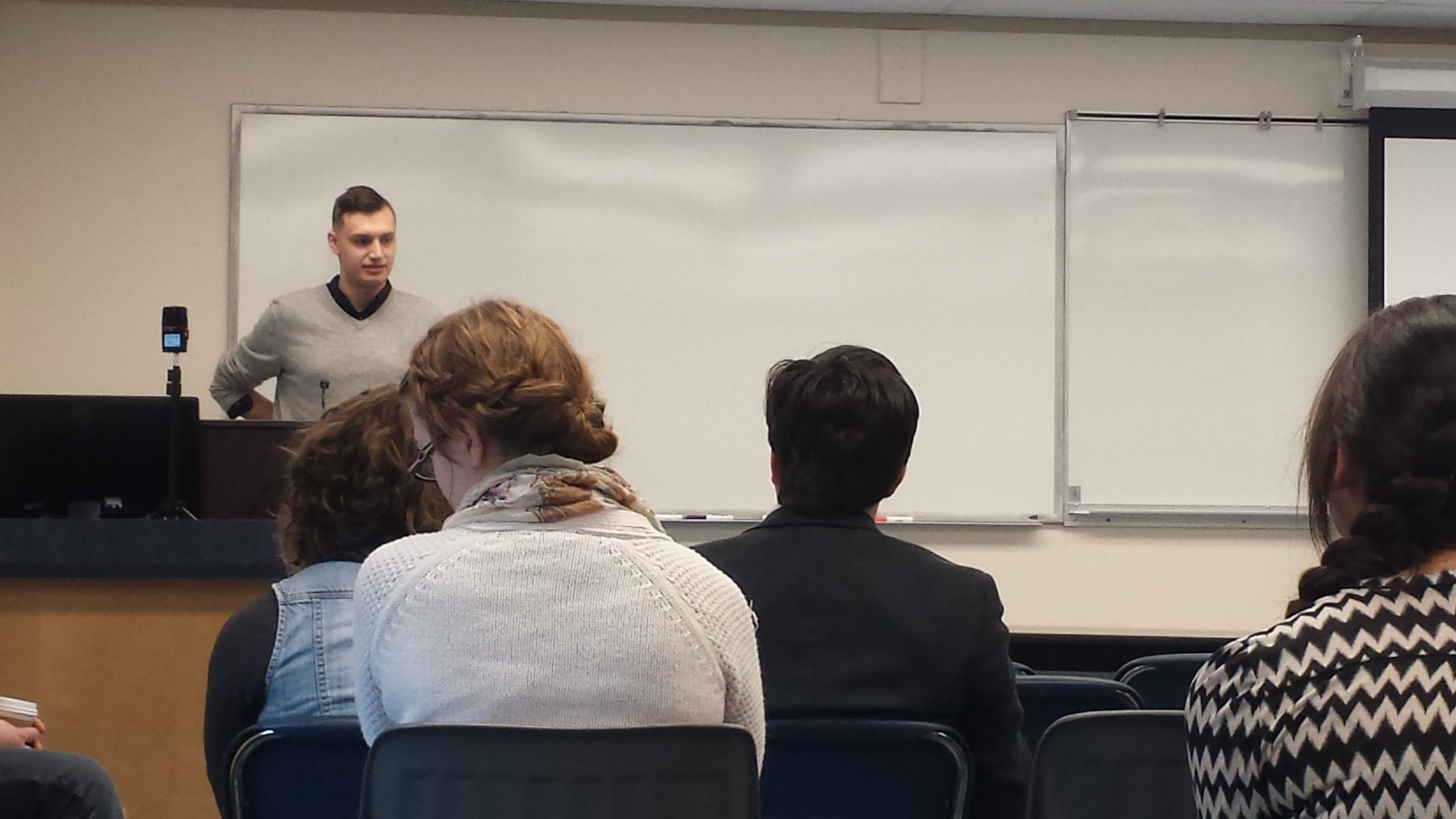
Miso and Soy
About this Recording:
Madison Connolly’s project explored the relationship between wine and identity in Canada. In interviewing a local sommelier from Banville & Jones, Madison discovered (as many oral historians do) that rather than perusing her initial research questions into the relationship between wine, social status and national identity, it became more pertinent to explore what her interviewee revealed to be a more observable connection between wine, nostalgia and social interaction—a conclusion that was supported by personal anecdotes imparted by her narrator, and Canadian trends in the importation, production, and exportation of wine.
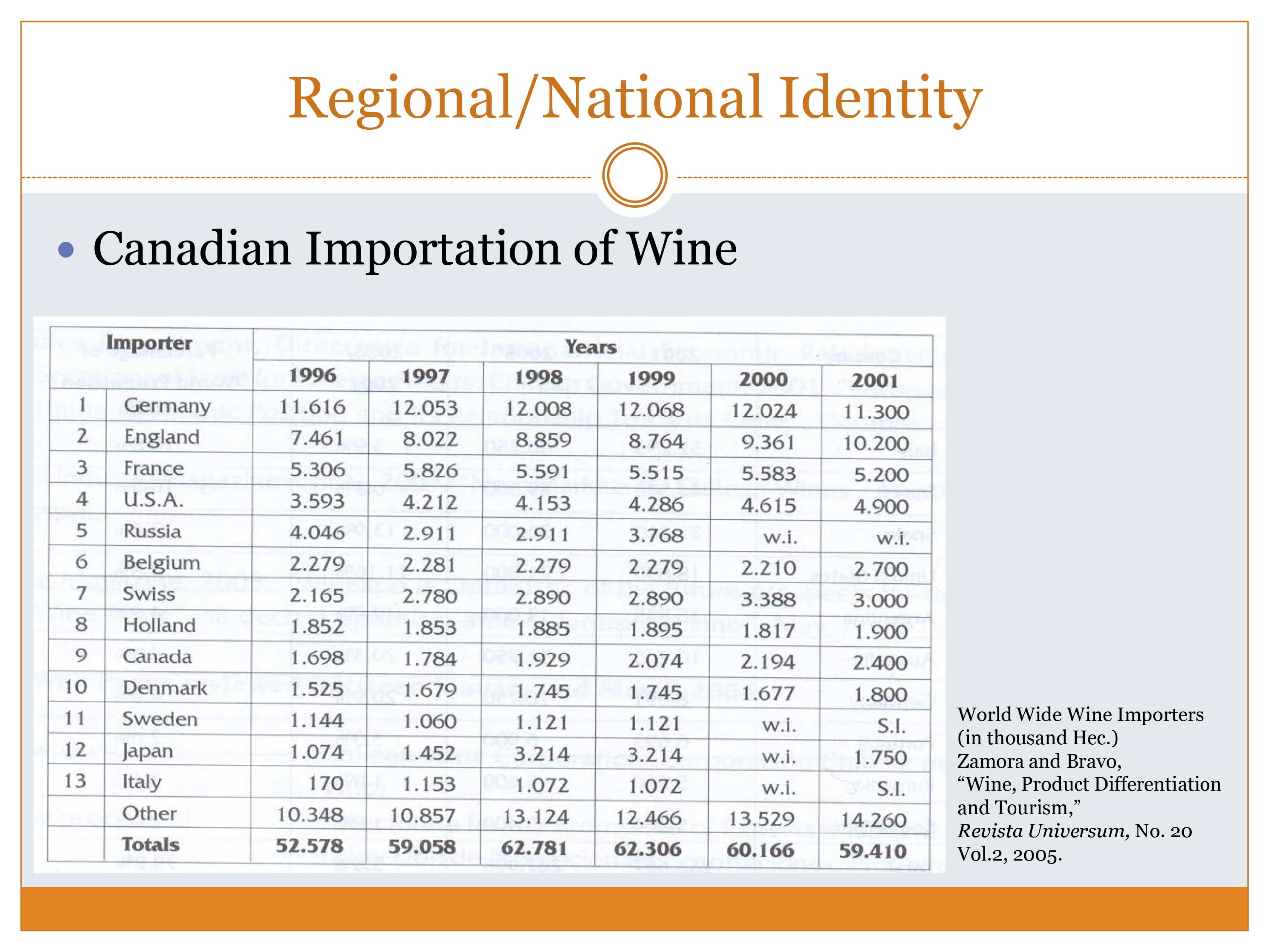
Wine and Canadian Socio-Cultural Identity
About this Recording:
Emily Nikkel’s research explored the shift in Manitoba’s landscape of pig farming. In her research, Emily interviewed an independent Manitoban pig farmer, illustrating the ways in which pig farming practices are impacted by diverse and convergent forces, including the value of the Canadian dollar, market values, importation and exportation, and government policies regulating farm operations. Through a combination of quantitative and qualitative research Emily’s presentation illustrated a demonstrable shift toward large-scale farming operations and the decline of independent mixed farms in Manitoba, and at the same time illustrated connections to social policies as identified by her interviewee, demonstrating that in her interviewee’s day-to-day experience such trends, policy and regulation very directly impact on one’s “roots, home and way of life.”
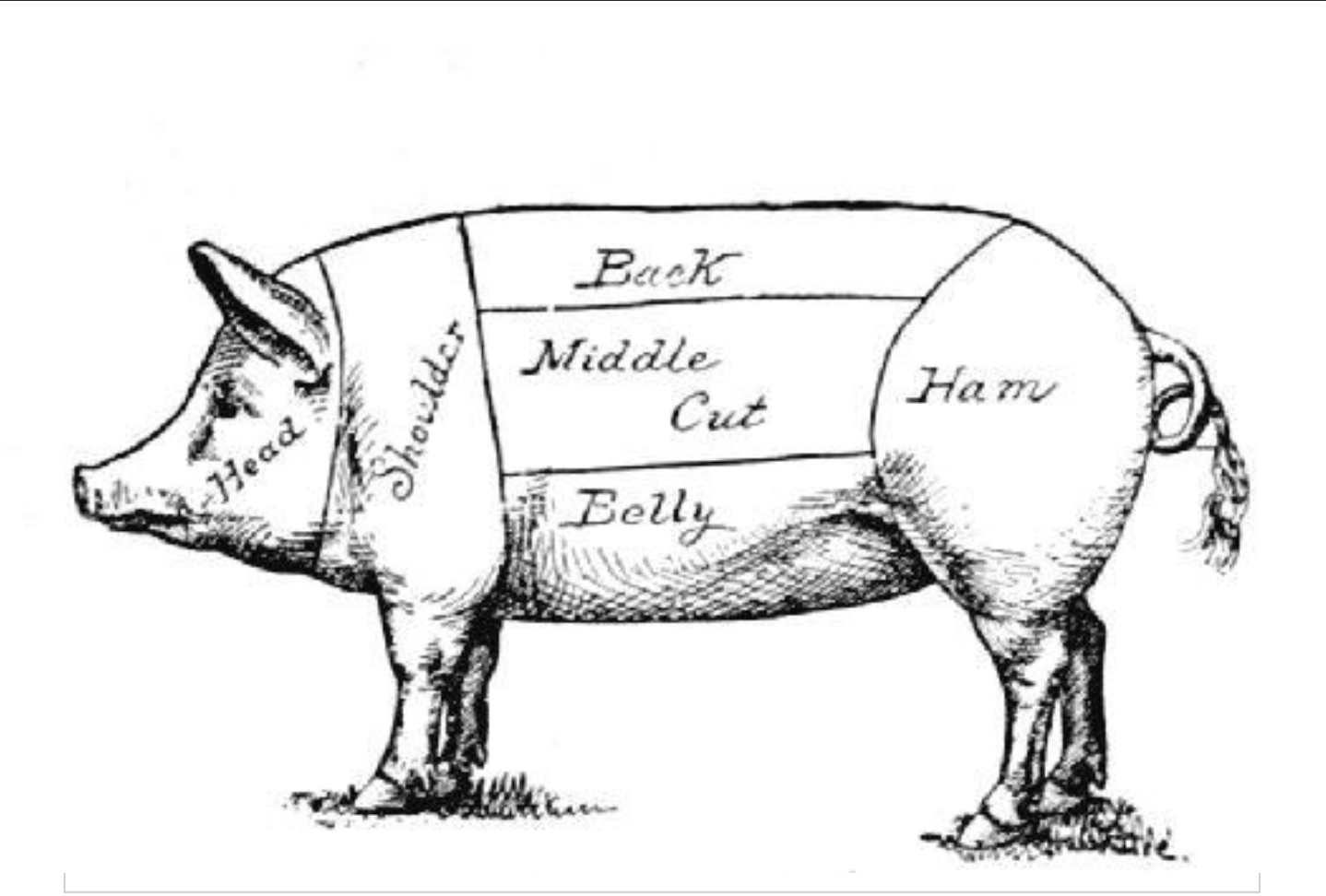
The Disappearance of Pig Farms in Manitoba
About this Recording:
Aisha Entz approached an expansive history of the decline of food quality for First Nations people in Canada by exploring the issue of access to food through connecting market practices to the persepectives shares by her interviewee, an Indigenous “urban gardener.” In her research, Aisha explored how, for her interviewee, food is connected to identity and demonstrative of a deeply felt separation from land and community. Through her research Aisha connected her interviewee’s perspectives— her personal journey toward re-establishing a connection to land and culture through food— to the policies and regulations that served to enforce this separation, including The Indian Act, re-location of Indigenous peoples to reservations, impediments to First Nations to continuing agricultural practices, and the current market conditions that have served to impede access to food.
